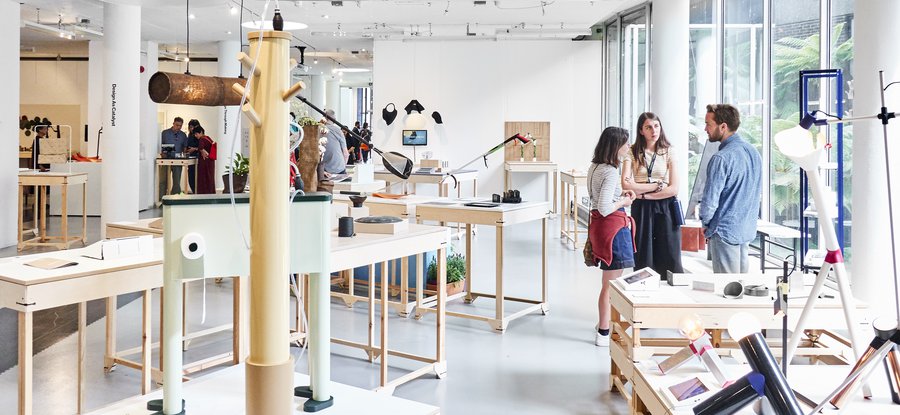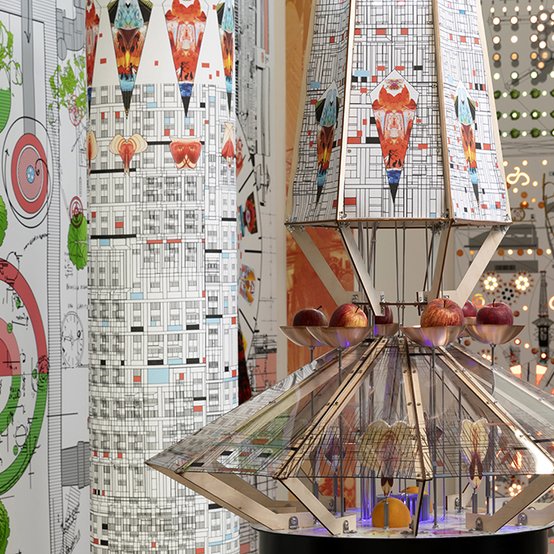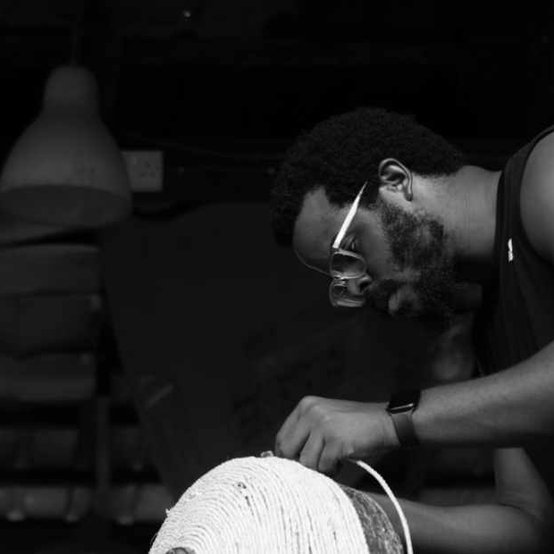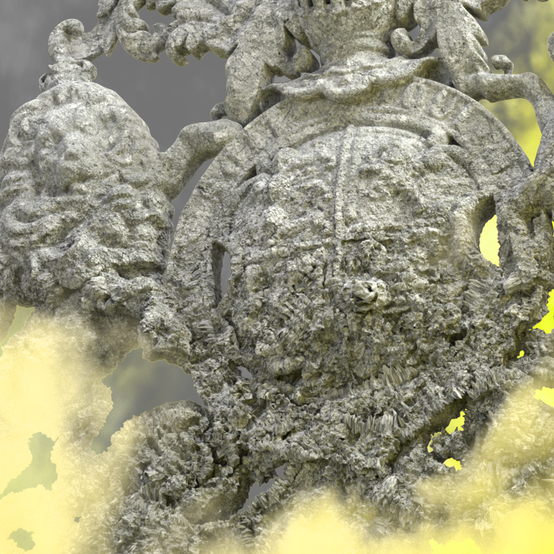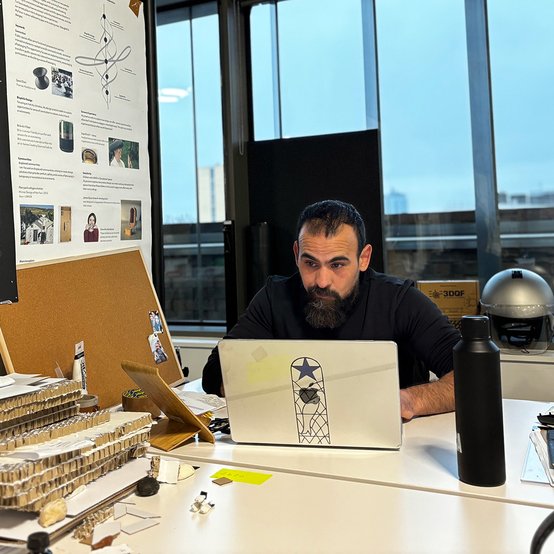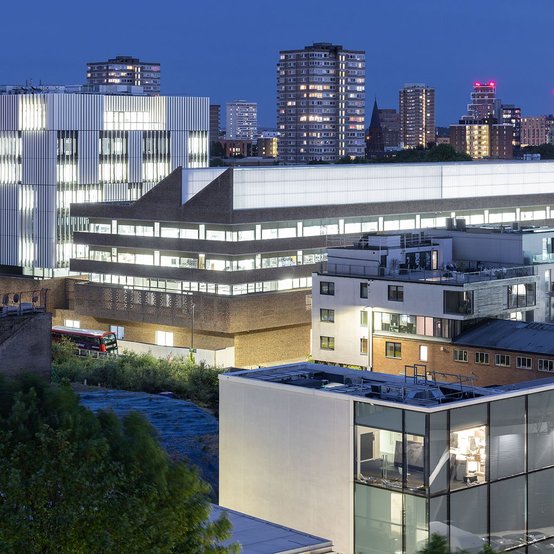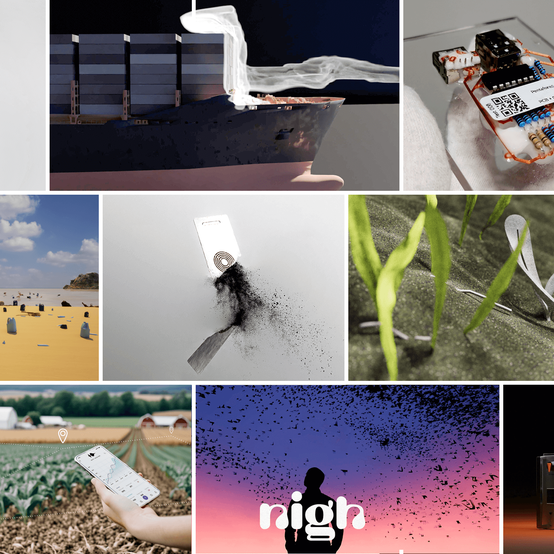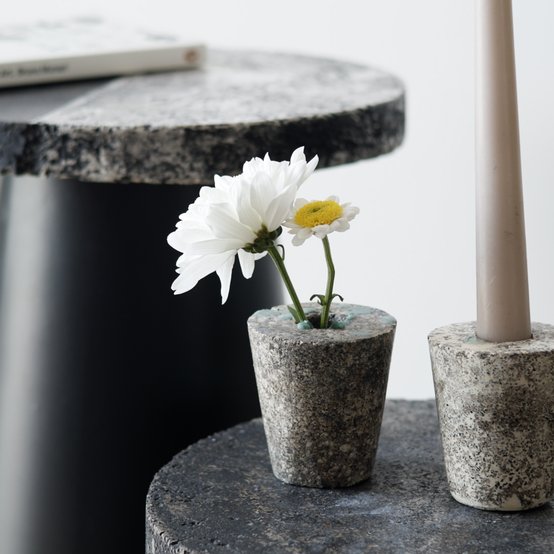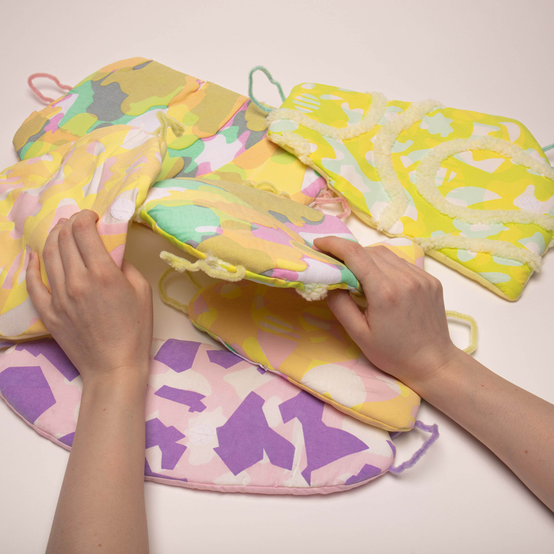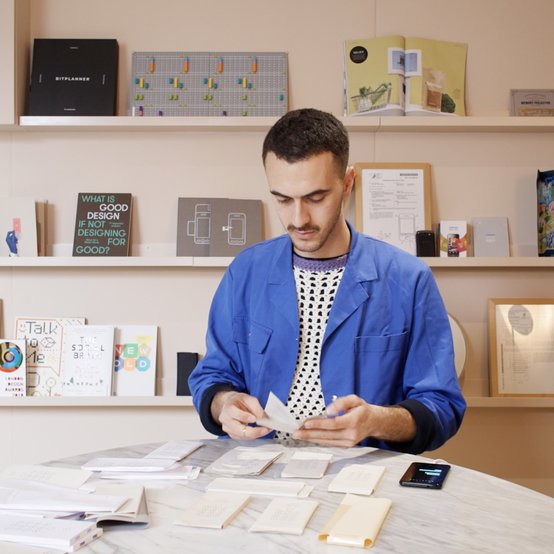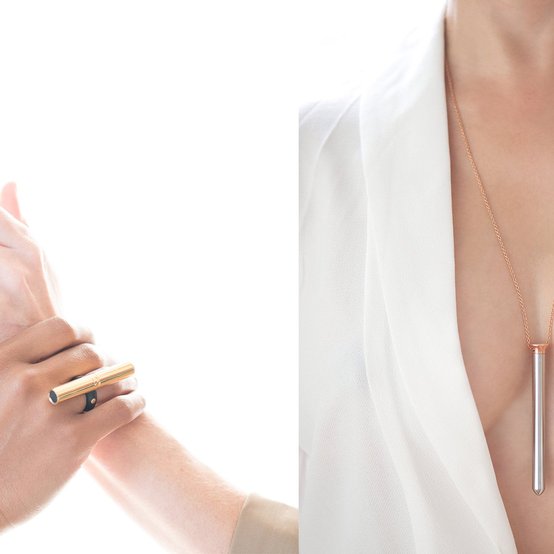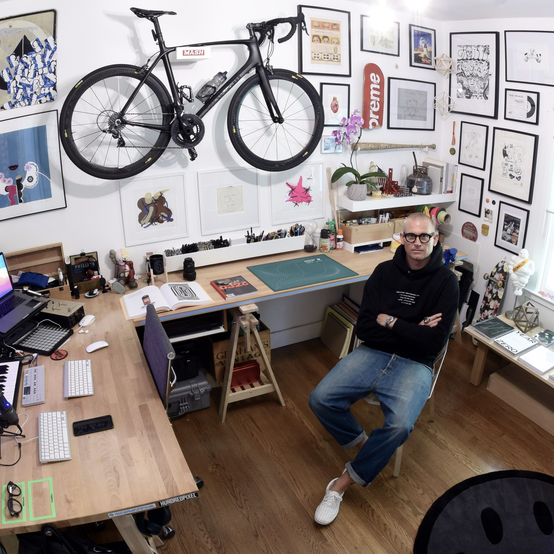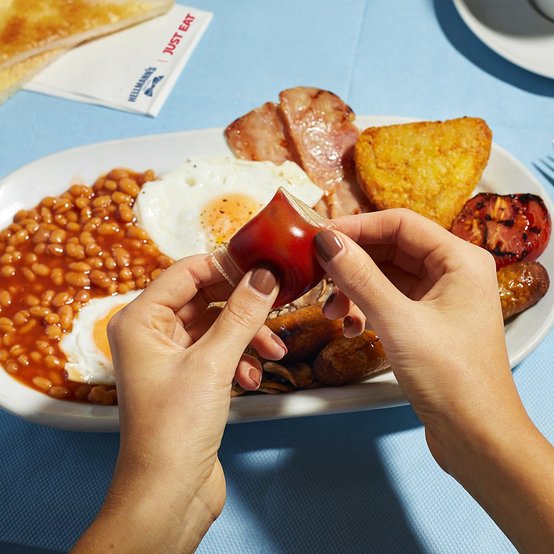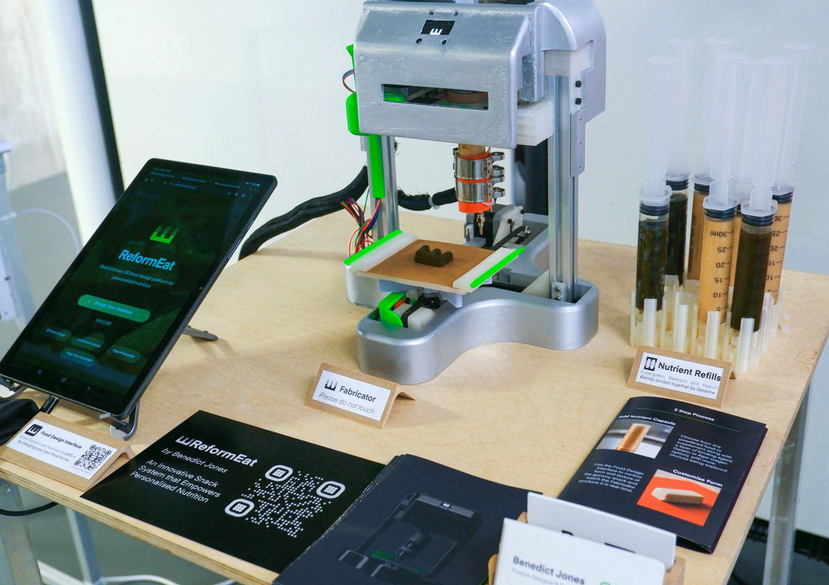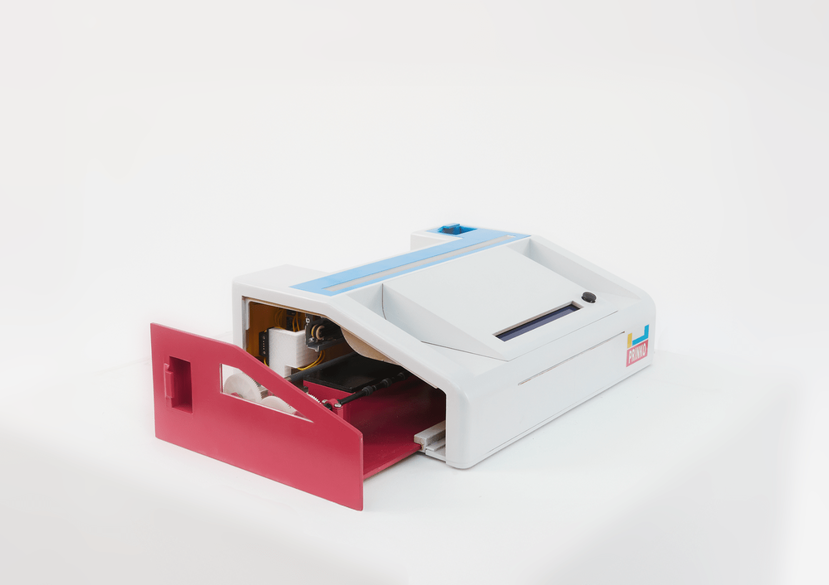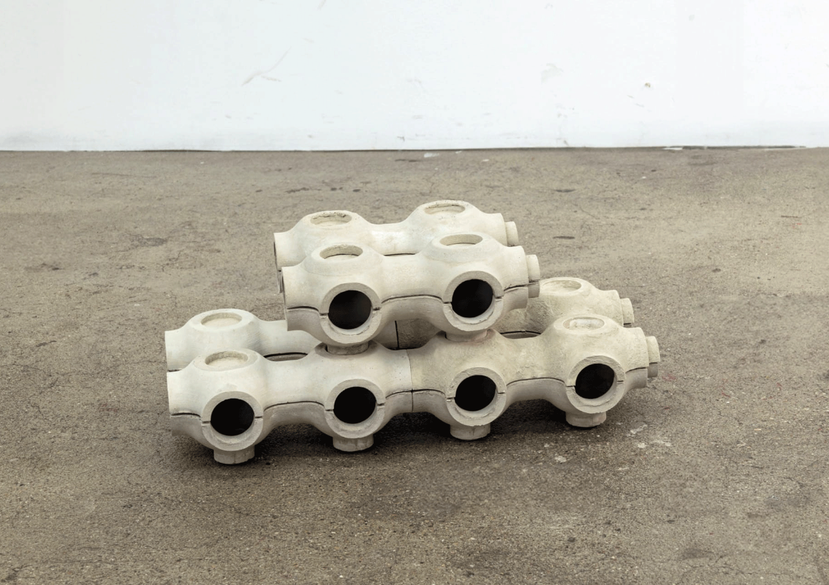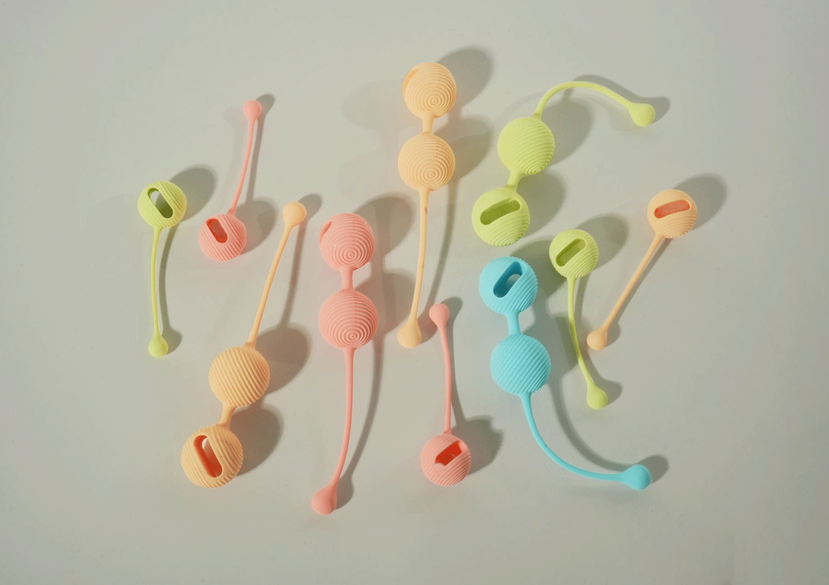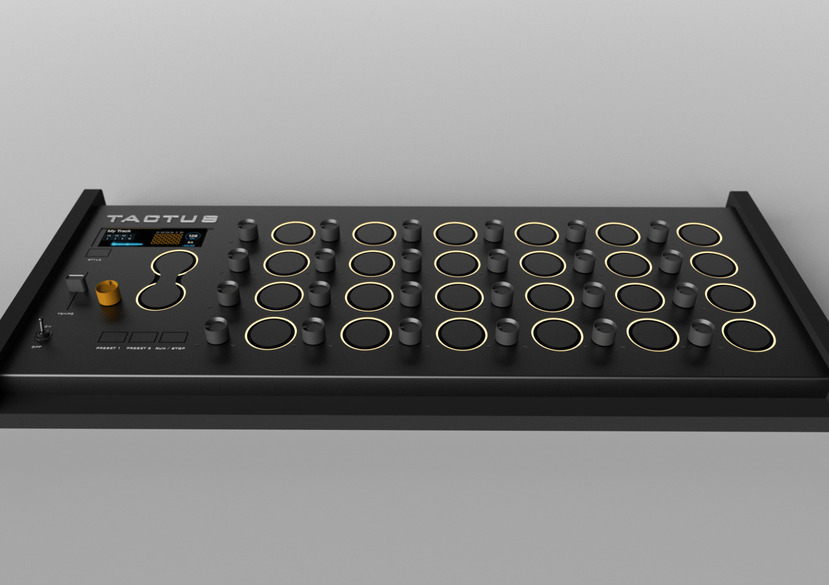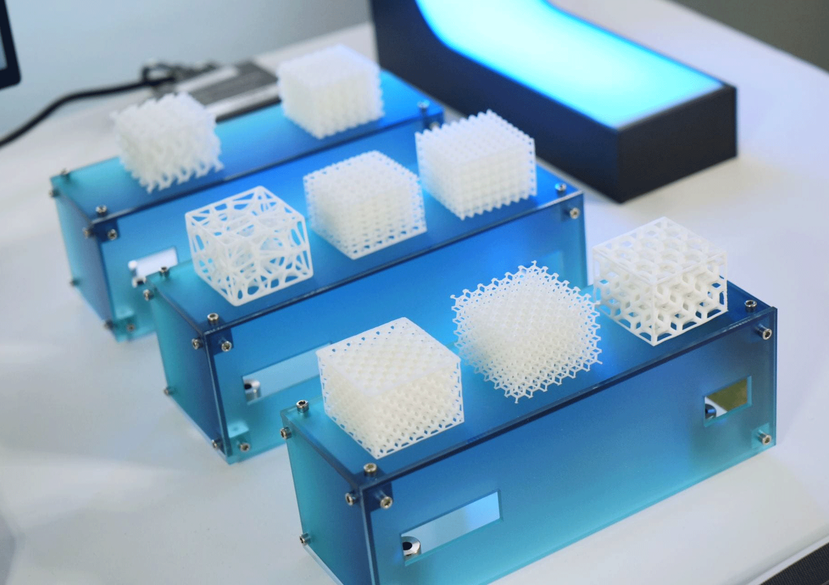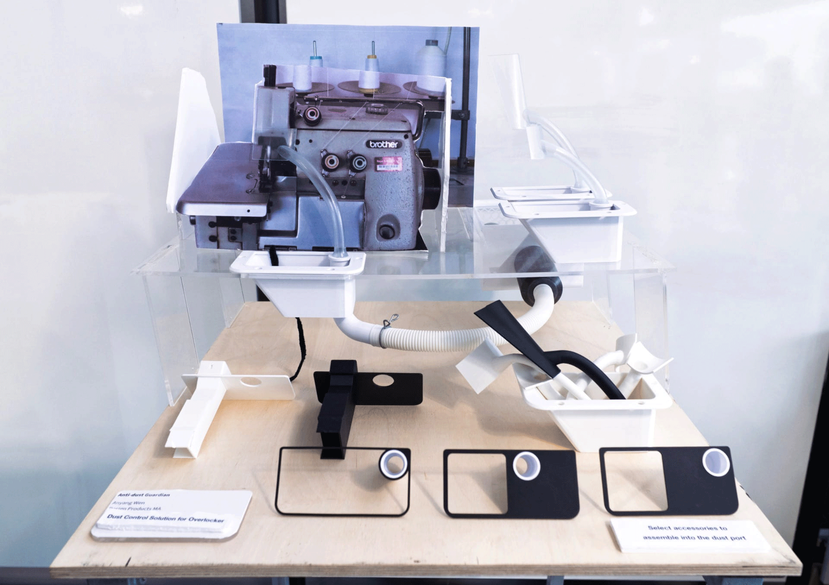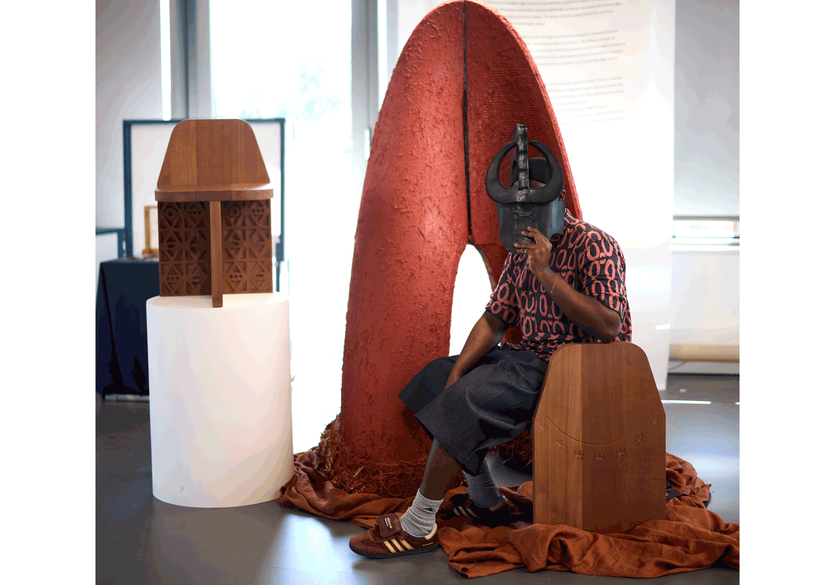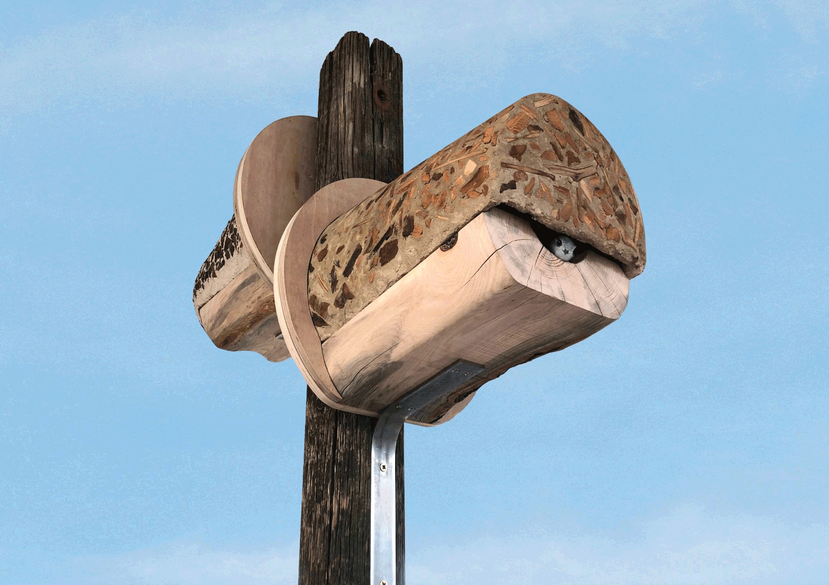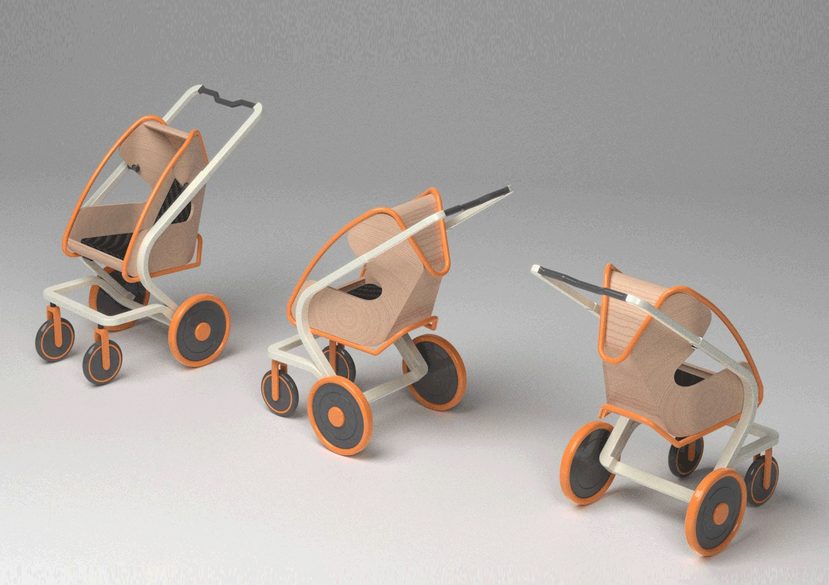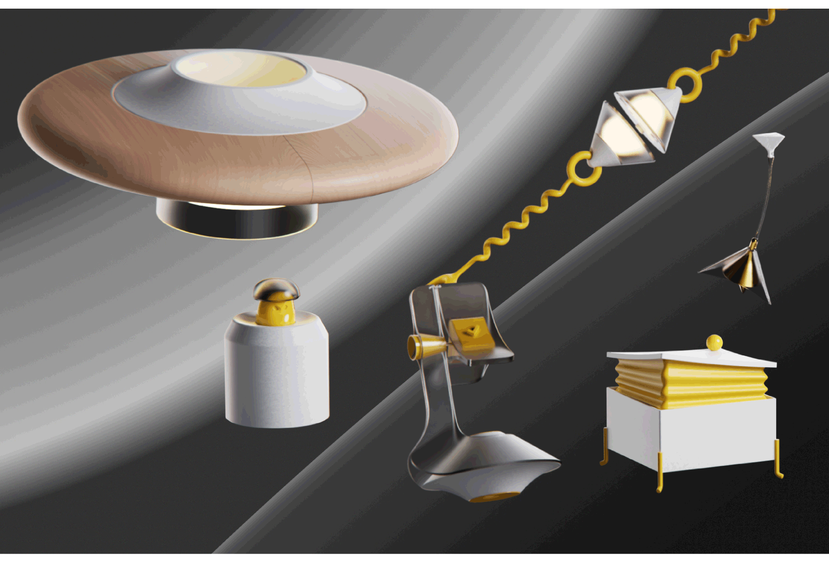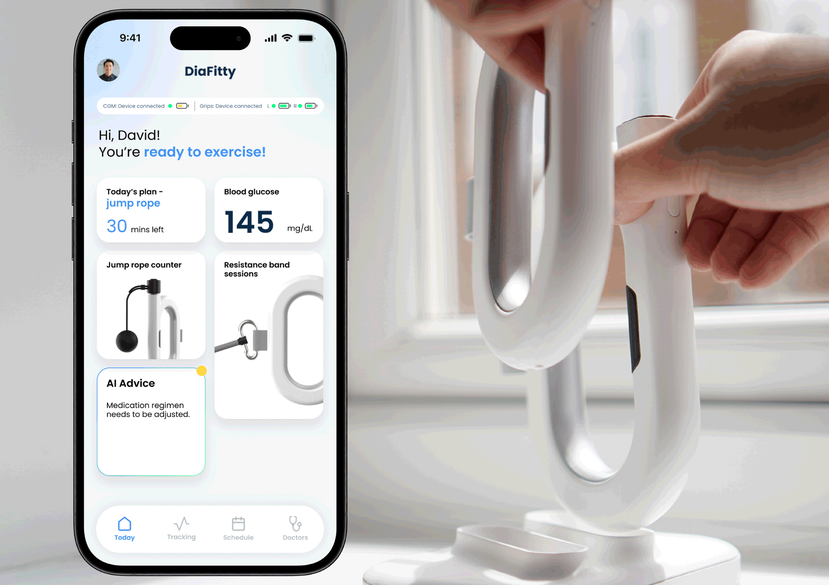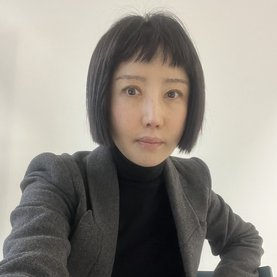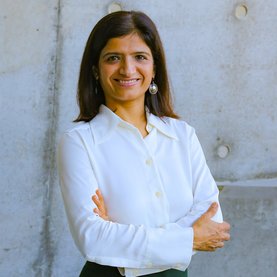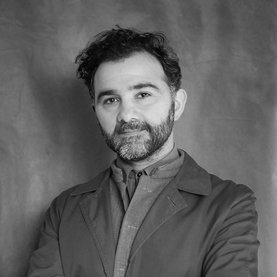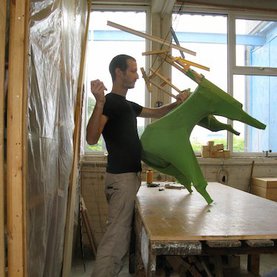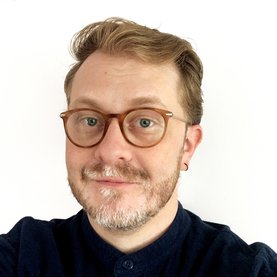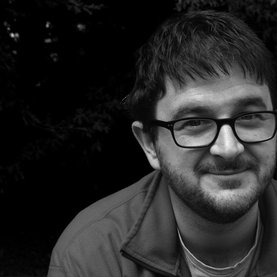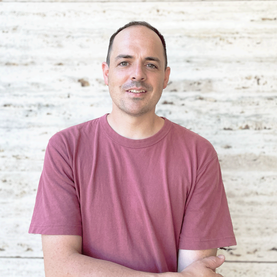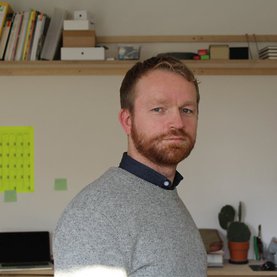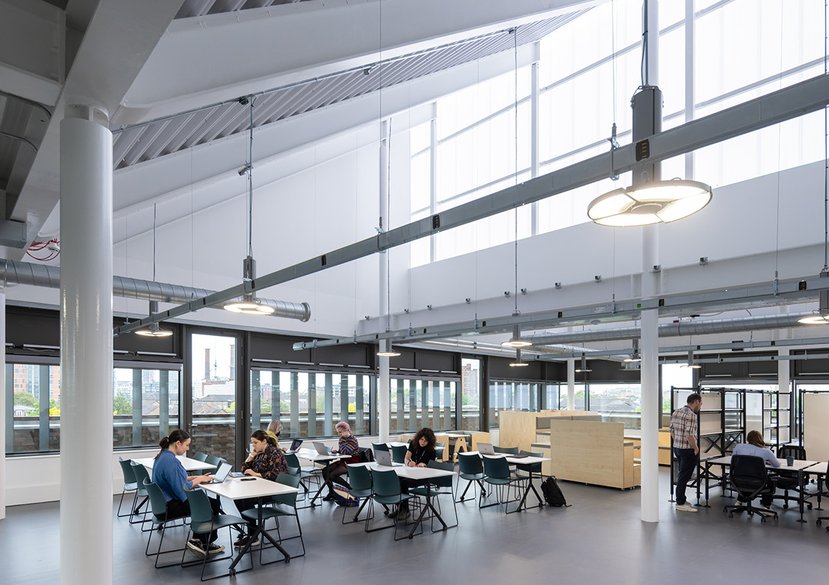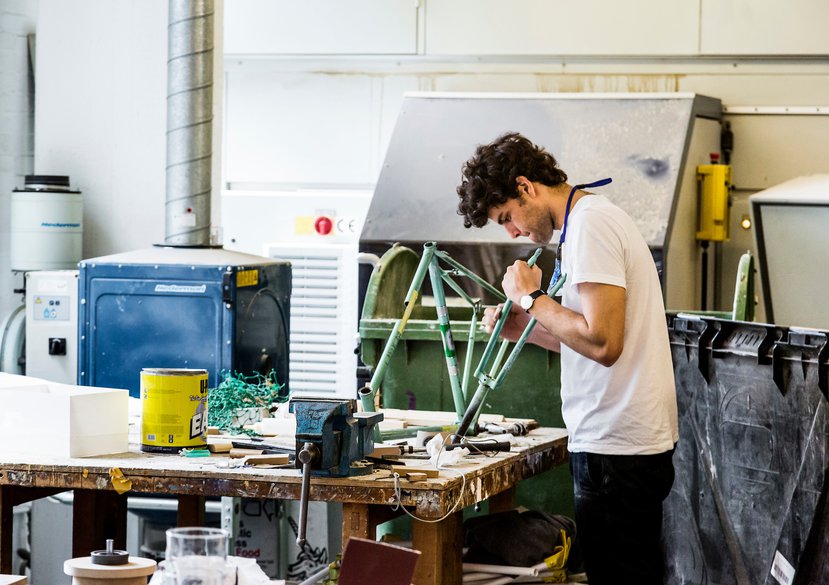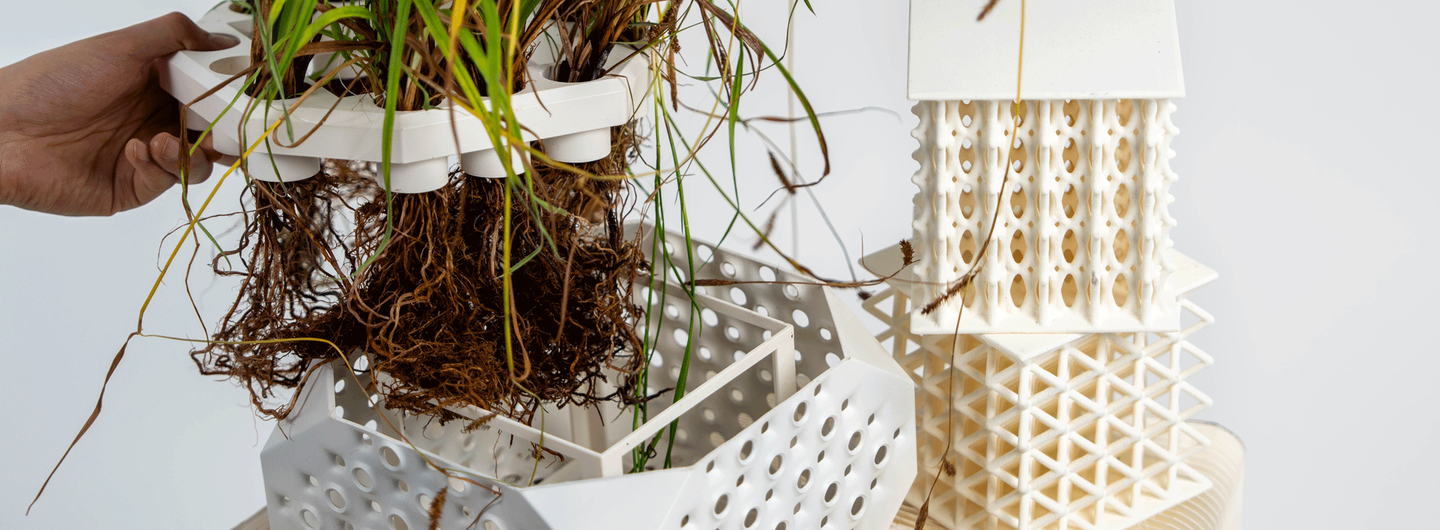
Overview
Design for a better world
Key details
- 180 credits
- 1 year / 45 week programme
- Full-time study
School or Centre
Current location
- Battersea
Next open event
- 17 Mar 2026
- Visit Open Day
Next application deadline
- 19 Jan 2026
Career opportunities
- Graduates are creative catalysts and visionaries who go on to lead in design consultancies, join large established companies, and to set up their own design studios and start-ups. Our graduates are change makers driven by their vision of tackling and redefining industries.
Creating products with purpose
Designed products have purpose and meet needs. They enrich lives and improve the places that people inhabit by meeting objective and subjective criteria. There is a constant need for innovation as we live in an environment where things like technology and societal values are always evolving. In this landscape people are regularly impacted by new issues. These are both local and global in scope, ranging from climate or healthcare to work environments or performing daily activities. Solutions to many of these consequential challenges require applying knowledge from multiple domains. Whether from engineering, computing or technology to psychology, social sciences or art, no single area of expertise can fully address human needs.
We’ve designed this programme to explore new terrain for designing products and evolve your design disciplines and practices. In it you will:
- challenge your existing practice and have opportunities to explore and deepen specialist knowledge
- learn research-based tools and methods that will equip you to explore, synthesise and apply cross-domain knowledge in creative, user-centred and evidence-based ways
- learn to ask the questions needed to define design opportunities.
Together, the first two will help you to become more effective at creating impactful solutions. But the challenge for designers today is not just to find good solutions, it is in identifying what problems and opportunities that design should actually address. Innovation comes not just from creative solutions but in re-thinking what are the issues that should be addressed in the first place.
Measurable impact
In Design Products at the RCA, we seek to equip leaders to navigate this landscape. Whatever your own background, be it centred in traditional design, materials, engineering, computing, business or humanities, we explore the methods necessary to take your current experience and expertise, apply it across disciplinary boundaries, and find innovations that can address the challenges of our time. We believe it’s important to measure impact whenever we’re working with start-ups, governments, or global agencies. To do this, we align our work with the United Nations Sustainable Development Goals and the design territory of products within systems.
Our alumni are all over the world, working in different areas of design. Maybe you’ll use your skills to design products. Or perhaps you’ll explore another area such as service design, physical computing or wearables.
During your time in Design Products you will develop the methods needed to be a thought leader in any direction your career takes you.
Explore further and apply now
Catch the replays from our latest online Open Day.
Watch portfolio advice from the programme team.
Applications are now open for September 2026 entry. Round 2 application deadline: 17 March 2026, 12 noon (UK time). Apply now.
Student and alumni stories
Gallery
Staff
Facilities
The School of Design is based across our Battersea and Kensington sites.
View all facilitiesStudents have access to the College’s workshops, with traditional facilities for woodworking, metalworking, plastics and resins, including bookable bench spaces. Computer-driven subtractive milling equipment is available, as well as additive rapid prototyping.
Our alumni
Our alumni form an international network of creative individuals who have shaped and continue to shape the world. Click on each name to find out more.
Where will the RCA take you?More details on what you'll study.
Find out what you'll cover in this programme.
What you'll cover
How will I learn?
You will learn through a range of teaching typologies in each unit including briefing, critique, exhibition, group tutorial, individual tutorial, lectures, seminars, demonstrations, workshops, peer reviews and independent study. Each unit will comprise of one or more projects which will develop learning up to the assessment point.
We will formally assess learning once in each unit with a formative and summative assessment. A critique or demonstration will be used for either the formative or summative assessment with asynchronous assessment methods including explanatory short video, desktop display, portfolio, visual presentation, and demonstration used for the other assessment point. The formative assessment will provide you with feedback on the strengths and weaknesses of their work-to-date and recommend strategies for improving learning to enhance the outcome of the summative assessment.
You will submit work in a range of both digital and physical formats depending on the unit project briefs. Examples of submission formats include writing, videos, 2D drawings, sketches and diagrams to test rigs, proof of principle, demonstrators, simulations, prototypes or models.
Programme structure
The programme is delivered across three terms and includes a combination of programme, School and College units. Learning will develop during the programme through terms 1 and 2 via a series of short projects focusing on experimentation and developing a strong and adaptive personal creative process, building a portfolio of projects culminating in the independent research project in Term 3.
Term 1
In the first term we help you locate your own practice at the forefront of the design products landscape (Locating Practice). This is supported by enhancing research skills and identifying additional technical and intellectual skills to develop new and improved design methods and approaches connecting research and making.
Experimental Design allows you to expand the range and ambition of your design practice through various forms of experimentation to uncover new skills, methods and ideas. This unit covers a broad spectrum of experimentation from methods to materials, technology, making, manufacturing, futures, social and participatory.
Term 2
The second term engages with Advanced Practice by deepening your own creative methods and application based on programme ethos themes.
You will also collaborate with other School of Design programme disciplines in a team-based School-wide Grand Challenge tackling a major emerging strategic design issue. The aim of this unit is to connect and challenge all students in the School through the introduction of a ‘wicked’ design problem that requires a cross disciplinary approach to problem solving which may involve external international partners. This unit and lecture series has been hugely successful in connecting and disrupting disciplines, people, philosophies and approaches to design thinking whilst providing our student body with very unique networking opportunities.
There are also opportunities to take part in commercially sponsored projects in Terms 2 and 3, depending on availability.
Terms 1 and 2
Across Terms 1 and 2, you will participate in AcrossRCA (College-wide unit). This unit aims to support you to meet the challenges of a complex, uncertain and changing world by bringing you together to work collaboratively in cross-programme interdisciplinary teams. In your team, you will develop a self-initiated themed project, informed by expertise within and beyond the College. These projects will challenge you to collectively use your intellect and imagination to address key cultural, social, environmental and economic challenges. In doing so, you will develop and reflect on the abilities required to translate knowledge into action, and help demonstrate the contribution that the creative practices can make to our understanding and experience of the world.
Term 3
In the third term, you will synthesise learning from Terms 1 and 2 by independently developing, managing and delivering a high-resolution Design Products project (Independent Research Project). The emphasis here is showing how you have brought together skills, learning and design practices from across Terms 1 and 2 to design and deliver a project that sits at the forefront of the design products landscape and enables the delivery of a design discourse that argues for the new design space within which it sits.
The Independent Research Project (IRP) will be delivered through a supervision model, and it is expected that students will spend the majority of their time on personal study and making. You will be expected to develop an initial major project proposal and refine this, based on learning and experiences throughout Terms 1 and 2. The project will then be supported by targeted strategic supervisions from lecturers and support from technical resources.
This MA is delivered over 45 weeks.
AcrossRCA
AcrossRCA is a compulsory 30-credit unit which is delivered as part of all MA programmes.
Situated at the core of your RCA experience, this ambitious interdisciplinary College-wide unit supports you in responding to the challenges of complex, uncertain and changing physical and digital worlds. Developed in response to student feedback, AcrossRCA creates an exciting opportunity for you to collaborate meaningfully across programmes.
Challenging you to use your imagination and intellect to respond to urgent contemporary themes, this ambitious unit will provide you with the opportunity to:
- make connections across disciplines
- think critically about your creative practice
- develop creative networks within and beyond the College
- generate innovative responses to complex problems
- reflect on how to propose ideas for positive change in local and/or global contexts
AcrossRCA launches with a series of presentations and panel discussions from acclaimed speakers who will introduce the themes and act as inspirational starting points for your collaborative team response.
Delivered online and in-person across two terms, the unit has been designed to complement your disciplinary studies and to provide you with a platform to thrive beyond graduation.
Requirements
What you need to know before you apply
Candidates are selected entirely on merit and applications are welcomed from all over the world. The selection process considers creativity, imagination and innovation as demonstrated in your portfolio, as well as your potential to benefit from the programme and to achieve high MA standards overall.
For MA Design Products, you should have a good undergraduate degree or equivalent in an area of design, or related background and proficient written and spoken English. Several years of professional experience, either before or after a first degree, is a benefit, and you must be able to demonstrate critical and innovative thinking, a design curiosity and the ability to thrive in student led projects.
Applications are welcomed from candidates from related backgrounds, such as engineering, architecture, communication, sports science, medical/health, international development/NGO, economics/business, material science, technology development and user experience.
What's needed from you
Portfolio requirements
We are looking for people from all backgrounds who are interested in using design to solve problems and enrich lives. Use your portfolio to highlight your work and skills. We especially want to understand your thinking process, how to you frame problems and tackle them, how you measure success and learn from challenges.
- Portfolio (required)
We want to see the depth and quality of your work, especially your approach to design work, interests, and ambitions.
Pick your best projects to include that highlight your technical skills and design thinking process.
- Communicate the story of each project: the motivations, specific design problems, how you solved them, what you learned through testing/iteration
- Highlight challenges or failures and how they were addressed
- Works in progress may be included
- Works that has been deployed in public (to real-world/places/people) is especially valuable
- Clearly identify your role and specific contributions when including group projects
- Any kind of project is acceptable. Even from a non 'design' field, tell us about it as outlined above
- Research/Project agenda (required)
Tell us about your specific research plans. What is your area of interest within the field of design and what types of problems do you want to pursue while in the programme?
It should be:
- 600–800 words, submitted in pdf format
- Propose a research question that you are interested in exploring through the Design Products programme
- Define your motivation and the significance (i.e., what is the potential benefit) of the problem you would like to investigate
- Provide some referenced background describing how the problem is grounded in the field of design (i.e., what has been done in the past and why the issue you are interested in currently exists)
- Your Interests (optional)
Tell us about any other interests or activities you take part in: anything else that informs your interests, how you view the world, and helps to enrich your process and learning.
Do you:
- work in a lab, maker space, or participate in a technical club/group?
- collect interesting things?
- travel extensively?
- regularly visit exhibitions/museums?
Personal statement
Please provide a 300-word written personal statement that addresses the following points:
- Introduce yourself, your interests and your motivations for applying to the Royal College of Art, and to this programme in particular.
- Briefly summarise any educational background and professional experience to date that will support your application.
- Tell us what you want to do in the future.
Video requirements
You must submit a video of no more than two minutes as part of the application process.
We would like you to pick a ‘designed work’ and create a video reflecting on:
- how was it successful or influential
- what are the positive and negative attributes about how it was used/applied
- how would you improve or re-do the design if you could
This can be an example of your own work or something in the public domain. Use this to articulate your view on the role that design can play in impacting the world
English-language requirements
If you are not a national of a majority English-speaking country you will need the equivalent of an IELTS Academic or UKVI score of 6.5 overall (with a minimum of 5.5 in every component). Students achieving a grade of at least 6.0, with a grade of 5.5 in the Test of Written English, may be eligible to take the College’s English for Academic Purposes course to enable them to reach the required standard.
You are exempt from this requirement if you have received a 2.1 degree or above from a university in a majority English-speaking nation within the last five years.
If you need a Student Visa to study at the RCA, you will also need to meet the Home Office’s minimum requirements for entry clearance.
Fees & funding
For this programme
Fees for new students
Fees for September 2026 entry on this programme are outlined below. From 2021 onward, EU students are classified as Overseas for tuition fee purposes.
Home
Overseas and EU
Deposit
New entrants to the College will be required to pay a non-refundable deposit in order to secure their place. This will be offset against the tuition fees. Deposits for 2026 entry will be confirmed in September 2025; 2025 deposit rates below for reference.
Home
Overseas and EU
Progression discount
For alumni who have completed an RCA Graduate Diploma and progress onto an RCA MA programme, a progression discount of £1,000 is available. For alumni progressing from an RCA Master's to another RCA Master's, a progression discount of £2,000 is available (£1,000 per year for part-time programmes).
* Total cost is based on the assumption that the programme is completed in the timeframe stated in the programme details. Additional study time may incur additional charges.
Scholarships
Scholarships
Each year, the RCA scholarship programme supports hundreds of students. The following scholarships are confirmed for this programme, with additional awards added throughout the year.
Eranda Rothschild Scholarship
Eligible programmes: Writing MA, Animation MA, Design Products MA
Other criteria: None
Eligible fee status: Home fee status
Value: Full fees and maintenance
GREAT Scholarship
Eligible programmes: Interior Design MA, City Design MA, Environmental Architecture MA, Ceramics & Glass MA, Contemporary Art Practice MA, Curating Contemporary Art MA, V&A/RCA History of Design MA, Jewellery & Metal MA, Painting MA, Photography MA, Print MA, Sculpture MA, Writing MA, Animation MA, Digital Direction MA, Information Experience Design MA, Visual Communication MA, Design Products MA, Fashion MA, Intelligent Mobility MA, Service Design MA, Textiles MA, Creative Education MEd, Communication MFA, Master of Research RCA MRes, Design Futures MDes, Arts & Humanities MFA, Design Practice MArch
Other criteria: None
Eligible fee status: Overseas fee status
Value: £10,000 toward fees
House of Fraser Bursary
Eligible programmes: Architecture MA Architecture (ARB/RIBA Part 2), Interior Design MA, City Design MA, Environmental Architecture MA, Ceramics & Glass MA, Contemporary Art Practice MA, Curating Contemporary Art MA, V&A/RCA History of Design MA, Jewellery & Metal MA, Painting MA, Photography MA, Print MA, Sculpture MA, Writing MA, Animation MA, Digital Direction MA, Information Experience Design MA, Visual Communication MA, Design Products MA, Fashion MA, Innovation Design Engineering MA/MSc, Intelligent Mobility MA, Service Design MA, Textiles MA
Other criteria: None
Eligible fee status: Home fee status
Value: £10,000 toward fees
LoveFrom, Scholarship
Eligible programmes: Design Products MA
Other criteria: None
Eligible fee status: Home fee status
Value: Full fees and maintenance
Pokémon Scholarship
Eligible programmes: Architecture MA Architecture (ARB/RIBA Part 2), Ceramics & Glass MA, Jewellery & Metal MA, Sculpture MA, Digital Direction MA, Information Experience Design MA, Visual Communication MA, Design Products MA, Fashion MA, Innovation Design Engineering MA/MSc, Intelligent Mobility MA, Textiles MA
Other criteria: None
Eligible fee status: Home or overseas status
Value: If Home: Full Tuition Fee & Maintenance. If Overseas: Tuition Fee Discount
RCA President & Vice-Chancellor’s International
Eligible programmes: Architecture MA Architecture (ARB/RIBA Part 2), Interior Design MA, City Design MA, Environmental Architecture MA, Ceramics & Glass MA, Contemporary Art Practice MA, Curating Contemporary Art MA, V&A/RCA History of Design MA, Jewellery & Metal MA, Painting MA, Photography MA, Print MA, Sculpture MA, Writing MA, Animation MA, Digital Direction MA, Information Experience Design MA, Visual Communication MA, Design Products MA, Fashion MA, Innovation Design Engineering MA/MSc, Intelligent Mobility MA, Service Design MA, Textiles MA, Creative Education MEd, Communication MFA, Master of Research RCA MRes, Design Futures MDes, Arts & Humanities MFA, Design Practice MArch
Other criteria: Applicants from Australia, Brazil, Canada, Chile, Colombia, Denmark, Egypt, France, Germany, Greece, Hong Kong, India, Indonesia, Israel, Italy, Japan, Malaysia, Mexico, Netherlands, Nigeria, Pakistan, Palestine, Poland, Portugal, Saudi Arabia, Singapore, South Korea, Spain, Switzerland, Taiwan, Thailand, Turkey, UAE, USA
Eligible fee status: Overseas fee status
Value: £9,000 toward fees
RCA President & Vice-Chancellor’s UK Scholarship
Eligible programmes: Architecture MA Architecture (ARB/RIBA Part 2), Interior Design MA, City Design MA, Environmental Architecture MA, Ceramics & Glass MA, Contemporary Art Practice MA, Curating Contemporary Art MA, V&A/RCA History of Design MA, Jewellery & Metal MA, Painting MA, Photography MA, Print MA, Sculpture MA, Writing MA, Animation MA, Digital Direction MA, Information Experience Design MA, Visual Communication MA, Design Products MA, Fashion MA, Innovation Design Engineering MA/MSc, Intelligent Mobility MA, Service Design MA, Textiles MA, Creative Education MEd, Communication MFA, Master of Research RCA MRes, Design Futures MDes, Arts & Humanities MFA, Design Practice MArch
Other criteria: None
Eligible fee status: Home fee status
Value: £5,000 toward fees
The RCA Sanctuary Scholarship
Eligible programmes: Interior Design MA, City Design MA, Environmental Architecture MA, Ceramics & Glass MA, Contemporary Art Practice MA, Curating Contemporary Art MA, V&A/RCA History of Design MA, Jewellery & Metal MA, Painting MA, Photography MA, Print MA, Sculpture MA, Writing MA, Animation MA, Digital Direction MA, Information Experience Design MA, Visual Communication MA, Design Products MA, Fashion MA, Intelligent Mobility MA, Service Design MA, Textiles MA, Creative Education MEd, Communication MFA, Master of Research RCA MRes, Design Futures MDes, Arts & Humanities MFA, Design Practice MArch
Other criteria: None
Eligible fee status: Home or overseas status
Value: Full fees & support package up to the value of £20,000 pa (depending on the awardee’s circumstances)
The Sir Frank Bowling Scholarship
Eligible programmes: Architecture MA Architecture (ARB/RIBA Part 2), Interior Design MA, City Design MA, Environmental Architecture MA, Ceramics & Glass MA, Contemporary Art Practice MA, Curating Contemporary Art MA, V&A/RCA History of Design MA, Jewellery & Metal MA, Painting MA, Photography MA, Print MA, Sculpture MA, Writing MA, Animation MA, Digital Direction MA, Information Experience Design MA, Visual Communication MA, Design Products MA, Fashion MA, Innovation Design Engineering MA/MSc, Intelligent Mobility MA, Service Design MA, Textiles MA, Creative Education MEd, Communication MFA, Master of Research RCA MRes, Design Futures MDes, Arts & Humanities MFA, Design Practice MArch
Other criteria: None
Eligible fee status: Home fee status
Value: Full fees and maintenance
Even if you do not currently see a scholarship for which you meet the eligibility criteria, we encourage you to apply to be considered for financial support.
Unless otherwise stated, you must apply in either round 1 or 2, and have received an offer of study on an RCA programme to be invited to make a scholarship application. Therefore, we strongly recommend you apply for your programme as early as possible but no later than the round 2 deadline.
More information
Additional fees
In addition to your programme fees, please be aware that you may incur other additional costs associated with your study during your time at RCA. Additional costs can include purchases and services (without limitation): costs related to the purchase of books, paints, textiles, wood, metal, plastics and/or other materials in connection with your programme, services related to the use of printing and photocopying, lasercutting, 3D printing and CNC. Costs related to attending compulsory field trips, joining student and sport societies, and your Convocation (graduation) ceremony.
If you wish to find out more about what type of additional costs you may incur while studying on your programme, please contact the Head of your Programme to discuss or ask at an online or in person Open Day.
We provide the RCASHOP online, and at our Kensington and Battersea Campuses – this is open to students and staff of the Royal College of Art only to provide paid for materials to support your studies.
We also provide support to our students who require financial assistance whilst studying, including a dedicated Materials Fund.
External funding
There are many funding sources, with some students securing scholarships and others saving money from working. It is impossible to list all the potential funding sources; however, the following information could be useful.
Payments
Tuition fees are due on the first day of the academic year and students are sent an invoice prior to beginning their studies. Payments can be made in advance, on registration or in two instalments.
Experience
The social media content shown here reflects past and current student activity and is provided for illustrative purposes only. Experiences on the programme may vary and are subject to change for future students.
Start your application
Change your life and be here in 2026. Applications now open.
The Royal College of Art welcomes applicants from all over the world.
Before you begin
Make sure you've read and understood the application process and deadlines.
Application key datesCheck you the programme-specific entrance and portfolio requirements on the programme page.
Consider attending an Open Event, either online or in person, or watch recordings of previous events.
See upcoming events and recordingsPlease note, all applications must be submitted by 12 noon on the given deadline.
Ask a question
Get in touch if you’d like to find out more or have any questions.

